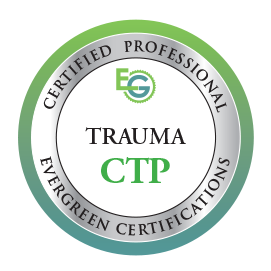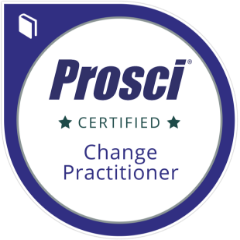 This session will increase your awareness and responsiveness to infants and young children’s distress as viewed through a trauma-informed lens.
This session will increase your awareness and responsiveness to infants and young children’s distress as viewed through a trauma-informed lens.
Trauma-informed approaches (1)
1. share power, and offer safety, trustworthiness, choice, collaboration, empowerment, and respect for diversity
2. are informed about and sensitive to the prevalence and signs of trauma as well as the mechanisms through which trauma develops
3. are underpinned by the latest research in neuroscience, attachment theory, and child development
4. protect the rights of the child
We will examine the facial expressions, vocalisations and body language of infants and young children in lessons. This will enable you to better understand what’s going on in the child’s stress response system and the possible impact on other systems and aspects of development and behaviour.
Having developed this understanding we will then discuss trauma-informed ways in which to respond to the child that promote healthy overall development, behaviours and most importantly, protect the rights of the child.
This session will challenge you to reflect on your own practices and beliefs, and provide opportunities for positive reinforcement, growth and change.
The duration of this session can be flexible to suit your needs, from a minimum time of a 60 min presentation including question/discussion time to a half-day interactive workshop comprising 2 x 90 min sessions.
(1) Kezelman C.A; Stavropoulos P.A. (2020). Blue Knot Foundation: Organisational Guidelines for Trauma-Informed Service Delivery. Retrieved 10 June 2021, from https://www.blueknot.org.au/Portals/2/Practice%20Guidelines/BlueKnot_Organisational_Guidelines.pdf




